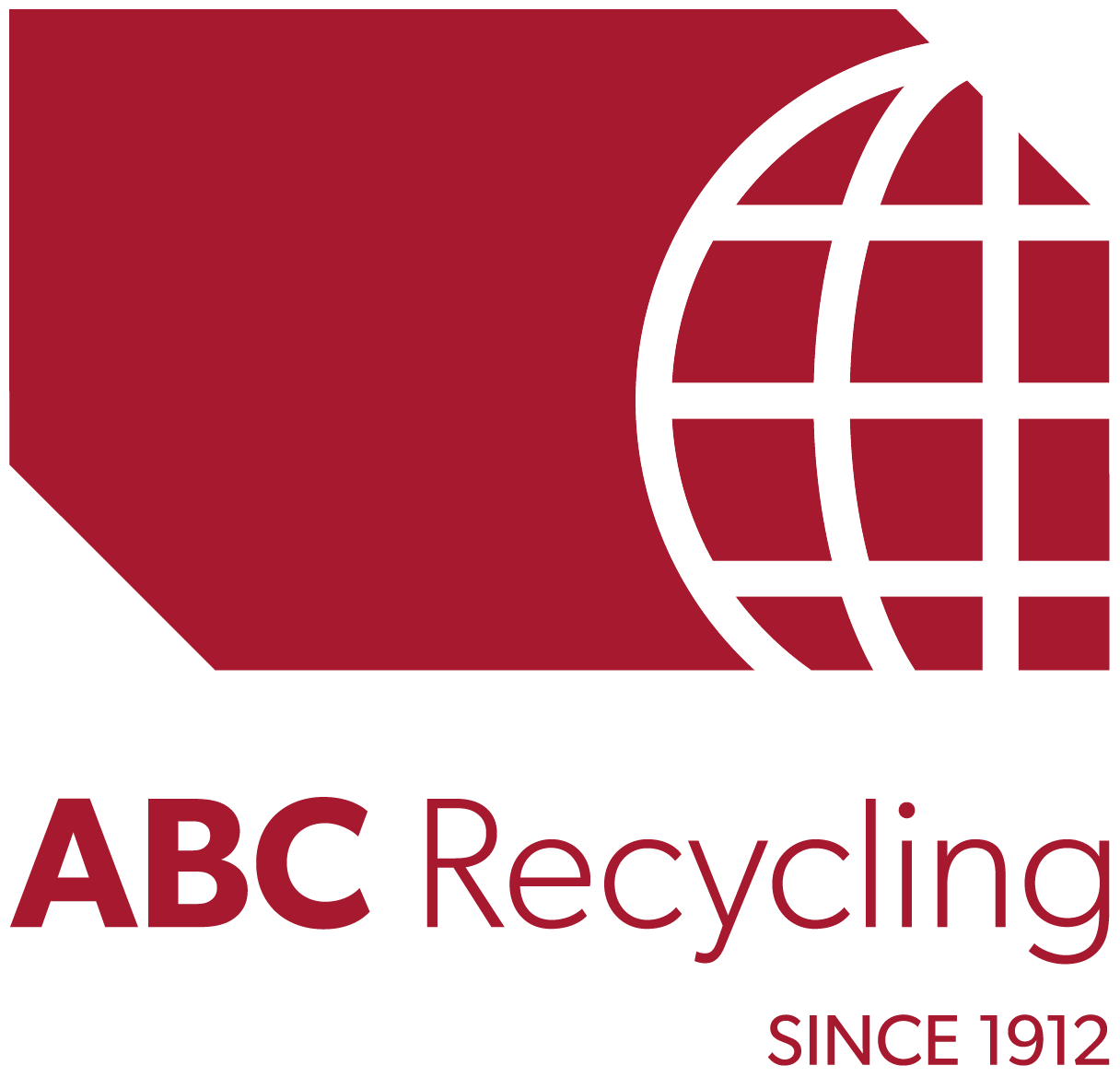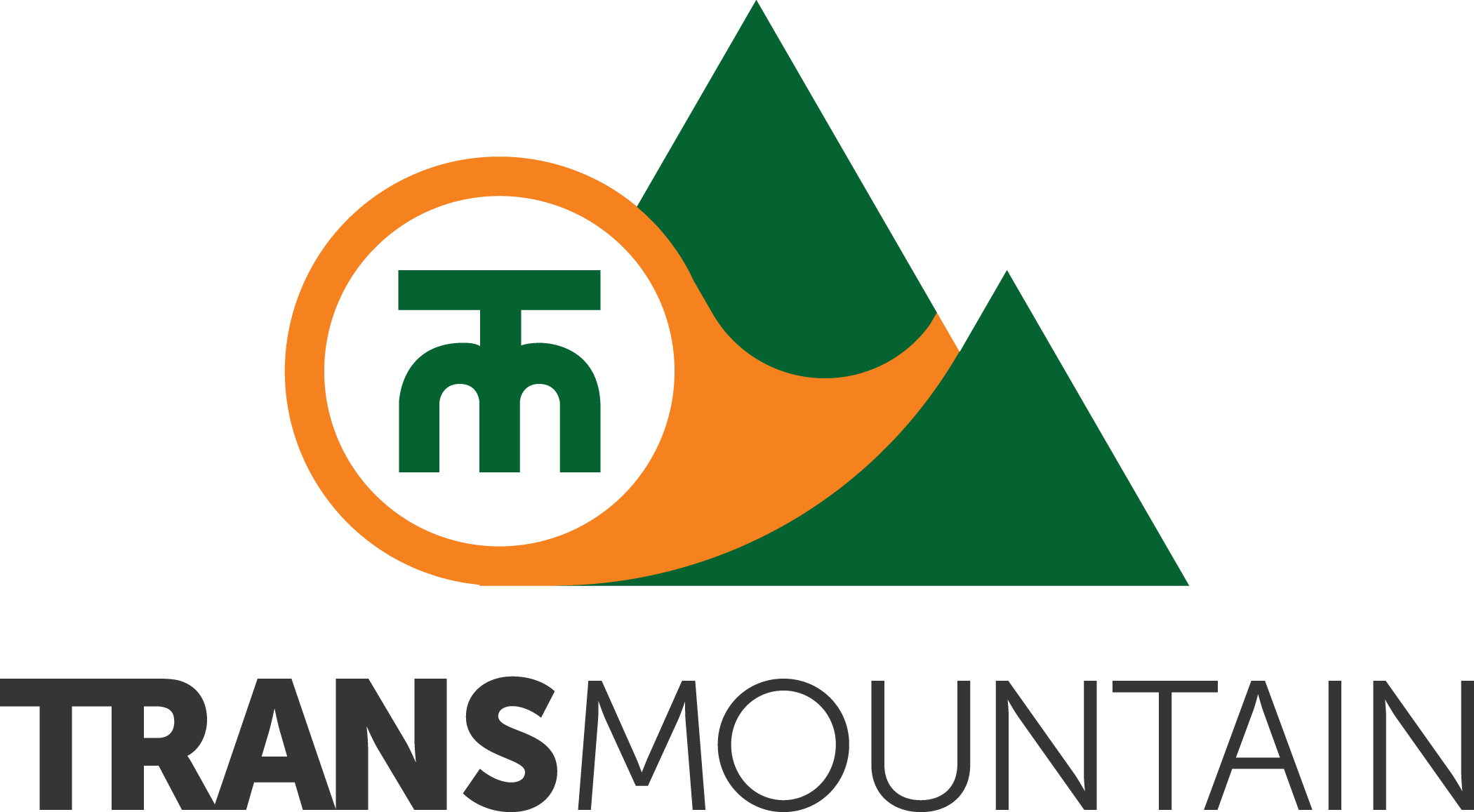BC Chamber calls for action on B.C.’s top five barriers to competitiveness
Standing with Chambers across Canada, B.C.’s Chambers are calling for action to address 10 Barriers to Competitiveness for Canadian businesses.
The Canadian Chamber of Commerce has just released its latest 10 Barriers to Competitiveness Report. From this list, B.C.’s Chambers have identified and localized the top five barriers faced in B.C.:
1) Canada’s trade agenda – new agreements are just the start
As Canada’s Pacific-facing province, B.C. stands to gain the most from the Trans Pacific Partnership (TPP); conversely, B.C. stands to lose the most if Canada fails to ratify the deal. As well, B.C.’s trading opportunities are currently hindered by Canada’s lack of bi-lateral trade agreements with both India and China – particularly when some of our competitors have such agreements, such as Australia’s deal with China, which gives Australian businesses a major advantage over Canadian businesses trading with China. To address this barrier, B.C. businesses are looking to see the TPP ratified and bi-lateral trade agreements reached with our major trading partners in the Asia Pacific region.
B.C.’s businesses – particularly small and medium-sized businesses (SMEs) – also need better supports and programs to assist them in scaling up internationally, as few are currently achieving this.
2) Public policies block small companies from becoming larger
Small businesses make up 98% of B.C. business and can be rightly called the backbone of B.C.’s economy. But while this number is often presented as a “warm and fuzzy” fact about B.C.’s economy, it’s actually an ominous number that highlights how few B.C. companies are able to grow into larger businesses. Large businesses are vital to the provincial economy as they have the resources and scale to invest, innovate, and create high-quality jobs for British Columbians.
A major barrier to small business growth is a tax regime that sharply penalizes companies as soon as they reach a certain threshold ($500,000 in revenues for B.C.). Any company that grows beyond that size sees its provincial tax rate skyrocket from the 2.5% small business rate to the 11% corporate rate.
As much as we celebrate our small businesses, government also needs to enable them grow into bigger businesses. To position B.C. businesses to grow, Chambers are calling for changes to corporate tax rates and breaks that penalize growth.
3) Lack of clarity regarding businesses’ responsibilities to Aboriginal peoples constrains investment
Together with Chambers across Canada, B.C.’s Chambers are calling on the federal government to work with business and Aboriginal Peoples’ representatives to identify guideposts that all can use to ensure private sector projects can move forward to meet businesses’ competitive priorities while respecting the rights, cultures and aspirations of Canada’s Aboriginal peoples and protecting the environmental integrity of their – and all Canadians’ – lands.
Achieving greater certainty vis-à-vis aboriginal land claims is a very significant issue for B.C. and has resulted in this BC Chamber policy.
4) Canada is not ready for climate change
Climate change affects all B.C. industries, from natural resources to tourism. Whether it’s ski resorts facing an uncertain future or the spread of the mountain pine beetle epidemic due to warmer B.C. temperatures, climate change is already top-of-mind for many B.C. industries.
As jurisdictions advance policies and regulations to combat greenhouse gas emissions, B.C. must keep pace to maintain competitiveness as a location for investment and a source of products. While already well ahead of the pack on carbon regulation, B.C. needs a climate adaptation strategy.
5) Canadian resources cannot get to world markets
Canada’s trade and investment flows depend on natural resources and its future economic prosperity depends upon its ability provide reliable infrastructure to allow Canadian energy resources to fuel Asian economic growth at world market prices. Yet, Canadian energy products are exported nearly exclusively to the United States because Canada lacks the infrastructure to get these products to markets abroad. Governments need to support pipelines and other infrastructure that will allow Canadians to trade with the world.
In B.C., both the Trans Mountain Expansion Project and Northern Gateway would provide key capacity to get Canadian oil to market. But they face both new regulatory barriers plus the federal government’s moratorium on crude oil tanker traffic for B.C.’s North Coast, which is a major threat to Northern Gateway if not both pipelines.




















connect with us